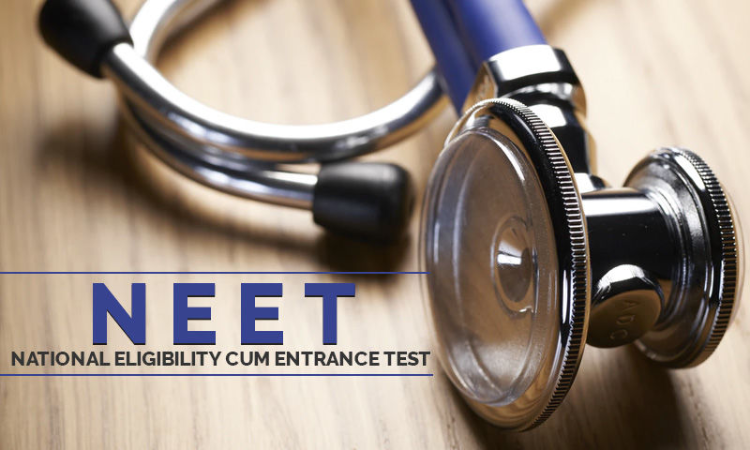The Gujarat High Court, while dealing with two writ petitions, held the notification amending the eligibility criteria for participating in the admission process of various postgraduate medical courses within the State, to be constitutionally valid. The petitioners, who were qualified NEET PG candidates seeking admission to postgraduate medical courses, filed the petition challenging...

